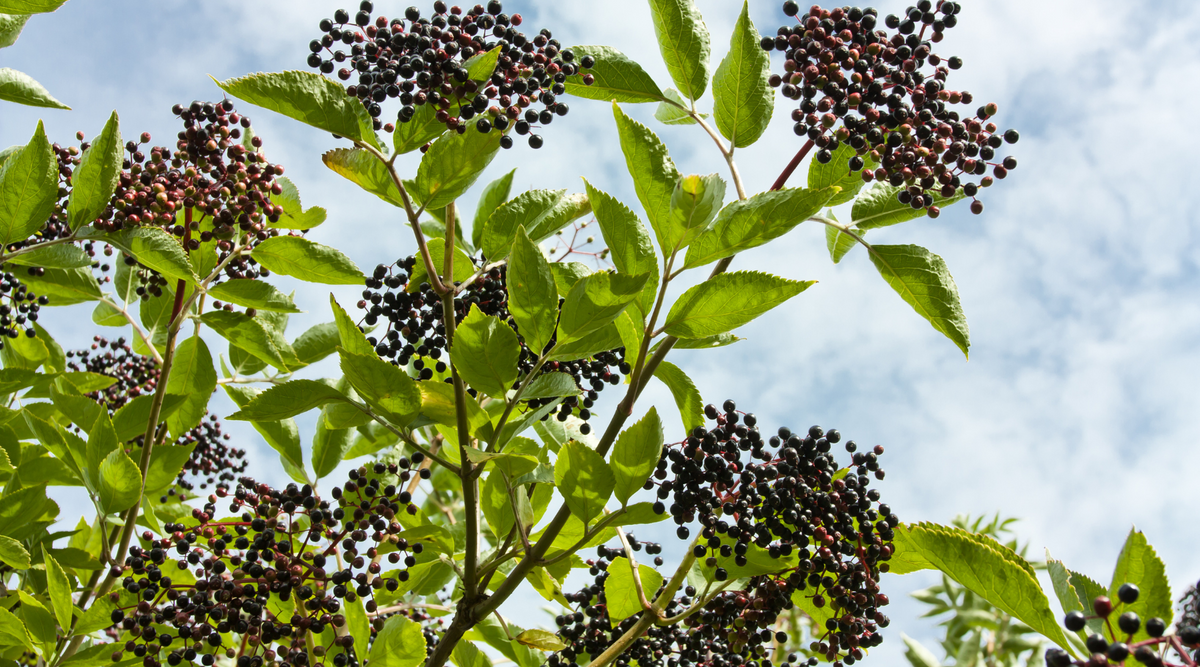Unlocking the Power of Elderberry: Nature’s Immune Booster
In the realm of natural remedies, elderberry has emerged as a superstar, celebrated for its potent immune-boosting properties and long-standing traditional use. Derived from the Sambucus plant, elderberries have a rich history in folk medicine and are gaining widespread recognition for their potential health benefits. In this blog, we will explore the fascinating world of elderberry, delving into its origins, nutritional profile, and the scientific evidence supporting its role as a formidable immune booster.
The Origins of Elderberry
Elderberry, scientifically known as Sambucus, encompasses several species found across Europe, North America, and Asia. The most commonly used variety is Sambucus nigra, known as European elderberry. Traditionally, various parts of the elderberry plant, including the berries and flowers, have been used for medicinal purposes.
Nutritional Powerhouse
Elderberries are a nutritional powerhouse, packing a punch of vitamins, minerals, and antioxidants. The deep purple hue of elderberries is indicative of their rich flavonoid content, particularly anthocyanins. These potent antioxidants play a crucial role in neutralizing free radicals, combating oxidative stress, and supporting overall health.
Elderberries are also a good source of vitamin C, which is well-known for its immune-boosting properties. Additionally, elderberries contain vitamins A and B, as well as essential minerals like potassium and iron. This nutritional profile makes elderberries a valuable addition to a well-balanced diet, contributing to the overall well-being of the body.
Immune-Boosting Properties
One of the key reasons elderberry has gained immense popularity is its remarkable impact on the immune system. Research suggests that elderberry may stimulate the production of cytokines, signaling proteins that play a crucial role in the regulation of immune responses. This modulation of the immune system can enhance the body's ability to defend itself against infections and viruses.
The antiviral properties of elderberry have been a subject of interest for scientists. Some studies have indicated that elderberry may inhibit the replication of certain viruses, potentially reducing the severity and duration of viral infections. This has led to the widespread use of elderberry supplements and syrups as a natural remedy for colds and flu.
Respiratory Health and Beyond
Beyond its immune-boosting prowess, elderberry has shown promise in promoting respiratory health. The berries have been traditionally used to alleviate symptoms of respiratory conditions such as coughs, congestion, and sinusitis. The anti-inflammatory properties of elderberry can contribute to easing respiratory discomfort and promoting overall lung health.
Elderberry's potential benefits extend beyond immune and respiratory support. Some studies suggest that the antioxidants present in elderberries may have neuroprotective effects, offering potential advantages for cognitive function and brain health. Additionally, elderberry's anti-inflammatory properties may play a role in managing chronic inflammatory conditions.
Conclusion
Elderberry's journey from a traditional folk remedy to a mainstream immune booster is a testament to the power of nature in promoting health and well-being. As scientific research continues to unravel the mysteries of elderberry, its popularity is likely to persist, offering individuals a natural and holistic approach to supporting their immune system and overall health. Whether enjoyed in a delicious syrup, brewed as a tea, or taken in supplement form, elderberry stands as a shining example of the harmonious relationship between nature and human health. Embracing the potential of elderberry is the key to unlocking a stronger, healthier immune system.

